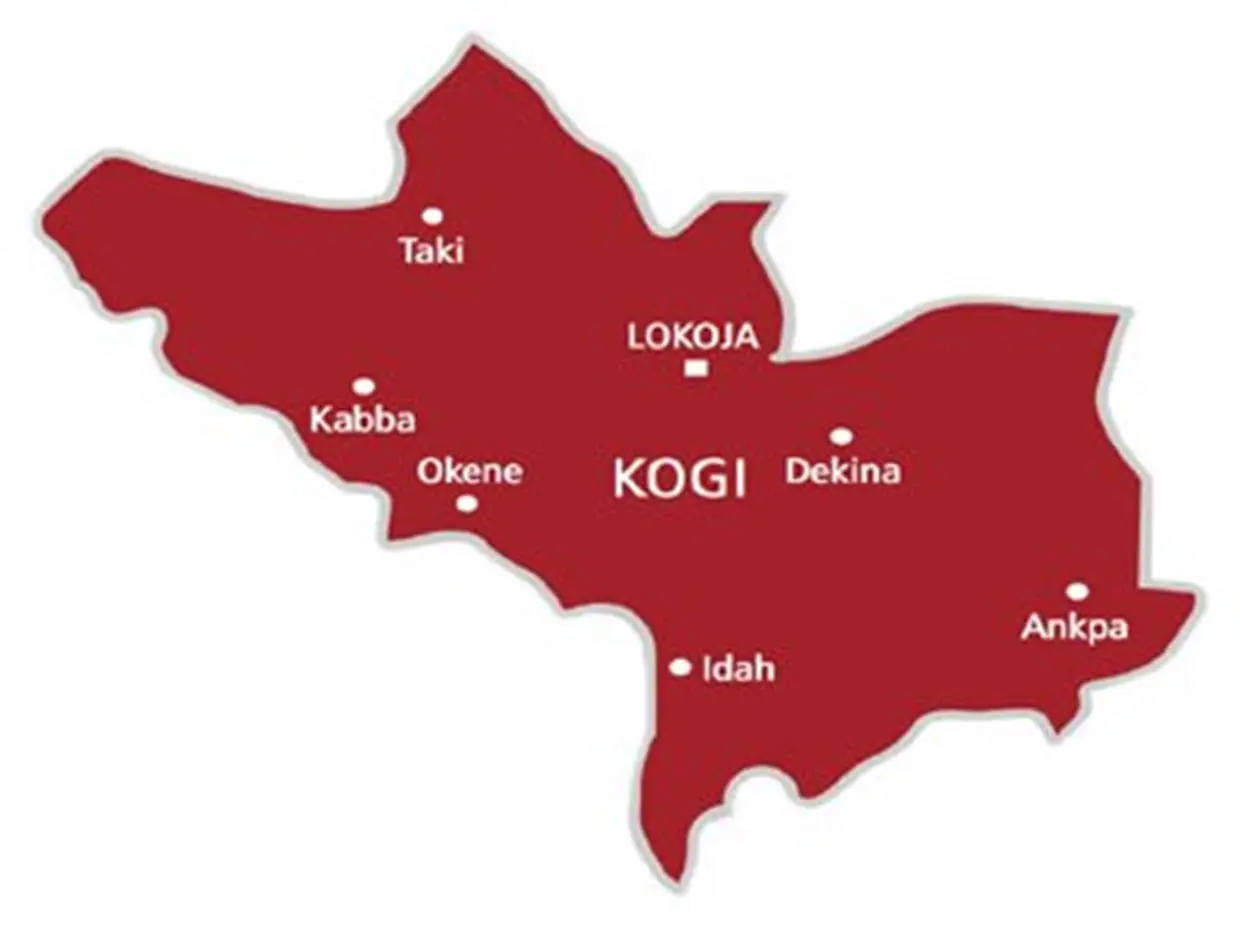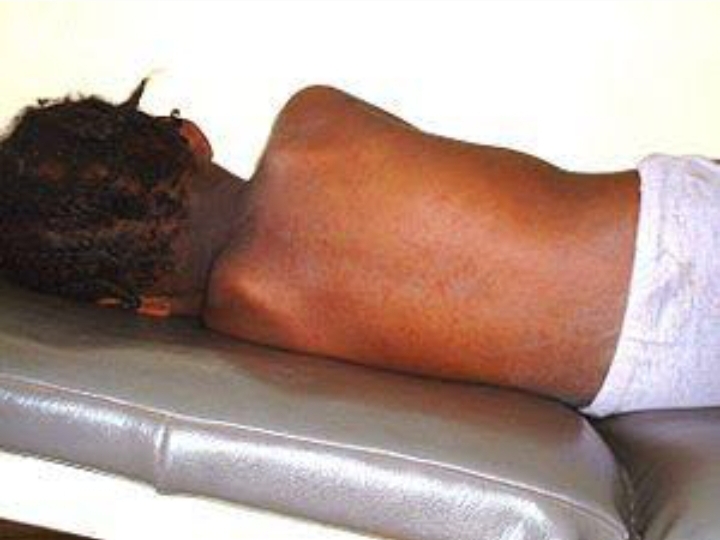Ten children have died due to suspected measles outbreak in Damangaza community in Lokogoma District, Federal Capital Territory (FCT), Abuja.
Mr James Budebo, Head of the Damangaza community, disclosed this during a one-day outreach programme on Friday in Abuja.
The programme was organised by PHC Damangaza and the Vaccine Network for Disease Control (VNDC), a grassroots organisation dedicated to health interventions in underserved communities.
Measles is a highly contagious viral infection characterised by fever, cough, runny nose, red eyes, and a distinctive rash.
It can lead to serious complications such as pneumonia and encephalitis, especially in young children and those with weak immune systems.
Budebo said vaccination was important in preventing measles and its complications, hence the need for widespread immunisation to protect the community.
He said the recent deaths were due to the suspected measles outbreak, adding that there have been challenges to vaccine acceptance within the community.
Mrs Chika Offor, CEO of VNDC, said the one-day outreach programme was a crucial . to the health crisis in Damangaza.
She said it was aimed at providing immediate assistance and laying the groundwork for long-term community resilience.
Offor said efforts were on to promote vaccine accessibility and provide clear, accurate information to address community concerns and misconceptions.
She said the deaths due to measles were preventable, adding that the organisation was committed to supporting community dialogue on vaccination and public health measures.
Ms Longtang Shawen, a Health Worker at PHC, Damangaza, said the outbreak exacerbated the community’s ongoing challenges with limited healthcare access.
She said education was important in empowering the community about vaccine-preventable diseases, sanitation and hygiene.
Shawen said vaccination was critical in preventing measles outbreaks, protecting individuals and ensuring community-wide immunity.
She urged the residents of the community to accept vaccination to guard against such preventable diseases and protect the vulnerable populations.
Chief Bello Musa, the Head of Damangaza Hausawa, said that the Public Health Department, FCT, had been notified of the situation, with previous visits made two weeks ago.
Responding, Dr Teresa Nwachukwu, FCT Epidemiologist, said in an interview that she would investigate the current situation.
NAN recalls that data from the Nigeria Centre for Disease Control and Prevention (NCDC) revealed that Abia, Anambra, Jigawa, Edo, Lagos,and Bauchi accounted for a significant portion of reported measles cases by December 2023.
As of December 2023, specific states such as Abia (46), Anambra (23), Jigawa (21), Edo (18), Lagos (17), and Bauchi (14) collectively accounted for 64.6% of the 215 suspected measles cases reported.
Among these, 33 cases (15.4%) were confirmed, with no clinically compatible cases, while 43 cases (20%) were discarded and 139 cases (64.6%) were pending classification.
During the period from January to December 2023, major contributors to the 19,470 suspected measles cases included Borno (7,635), Yobe (1,325), Ogun (611), and Zamfara (601), with Lagos also significant at 563 cases, making up 52.2 per cent of the total.
Of these suspected cases, 11,433 (58.72%) were confirmed, comprising 1,861 lab-confirmed, 3,120 epi-linked, and 6,452 clinically compatible cases.
The age group 9 – 59 months accounted for 7,317 (64%) of all confirmed cases.
A total of 89 deaths (CFR = 1.1%) were reported among confirmed cases, with 8,380 (73%) of these cases being individuals who had not received any measles vaccine (‘zero dose’).
By December 31, 2023, outbreaks were reported in 8 LGAs across 7 states, bringing the cumulative number of affected LGAs to 184 across 35 states for the year, with only FCT and Osun States not reporting any confirmed measles outbreaks,” it stated.
NAN also reports that NCDC data underscore the need for vaccination campaigns and public health interventions to curb measles outbreaks across Nigeria.



